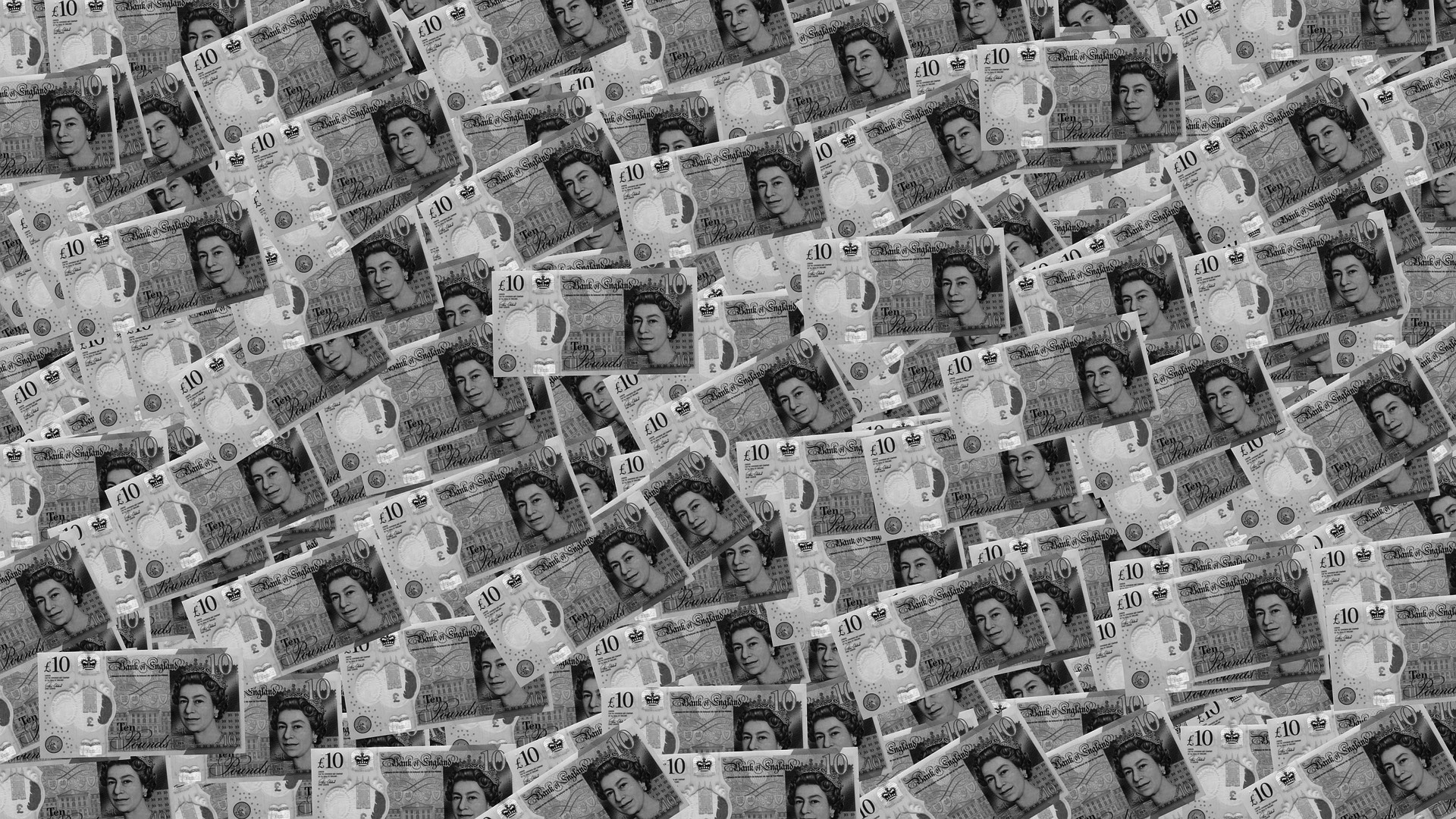Originally published November 2021.
It has been said and written with such earnest despair to have become practically axiomatic: 22 will prove a year of acute pressure on household finances across the UK, the first year of what could prove many.
This narrative invariably includes the warning that the UK faces years of tensions between its Parliament and that of the EU, as well as within Westminster itself; not merely across benches, but internecine. Quite frankly, one risks not merely being considered a heretic to play down matters, but accused of economic and political illiteracy. After all, how can 22 not be an annus horribilis for the UK economy when energy bills and costs more generally are spiking, taxes are hiking, the base rate rising and so many in the labour force isolating? A torrid year in prospect too since many Brexit issues remain extant, while the seeds of secession are still being sown in Scotland and the PM faces dissent in his own dissatisfied ranks.
That there are a raft of factors that will press home negatively on household finances and general sentiment is not in doubt. The reality, however, is these are only part of the collective picture for the UK economy and its households in 22 and the years that follow, for there is no shortage of positives.
There is, for instance, the considerable hoarding of aggregate savings enforced on UK households over the past two sedentary furloughed years – a quarter of a trillion pounds according to the ONS –I will not even try to estimate the windfalls purloined from all the generous State-funded schemes announced by the Chancellor.
We must also add in the fact that home owners have enjoyed two years of appreciating asset wealth; residential values up on average by one-sixth, producing in aggregate a wealth boost of circa £1tr, a staggering addition to the positive equity in homes built up since 08, from when mortgage rates fell sharply in line with the base rate. And, while the amassing of cash and housing equity wealth represent strong positive entries on balance sheets rather than cash flows, the former can easily be transferred to the latter through equity withdrawal and moves from savings to current accounts. Whatever way strongly enhanced household wealth is converted into consumer spending, it’s worth keeping in mind this comes with what could easily be a multiplier of 20 times (viz a 5% saving ratio).
“far from a small number of UK households and firms have, in fact, worked and earned well throughout this crisis”
There is another economic positive from this accursed virus which will deliver an economic shot in the UK arm that many in polite society will consider highly insensitive in my raising. Insensitive, that is, because it has involved UK households capitalising – perfectly legally capitalising, that is – on the medical crisis we have suffered. Specifically, far from a small number of UK households and firms have, in fact, worked and earned well throughout this crisis. They have done so because, though parts of the economy have been closed off, others have not merely kept open, but have been working and earning overtime like never before. The coronavirus crisis has left many households sitting financially more comfortable than they could ever have estimated two years ago. To be clear, highlighting that striking variations exist in no way denies the fact that many have suffered dire monetary pressures because of the crisis.


























